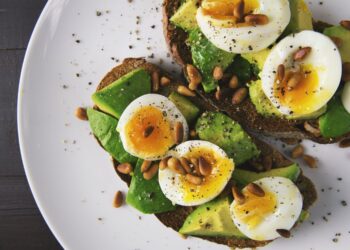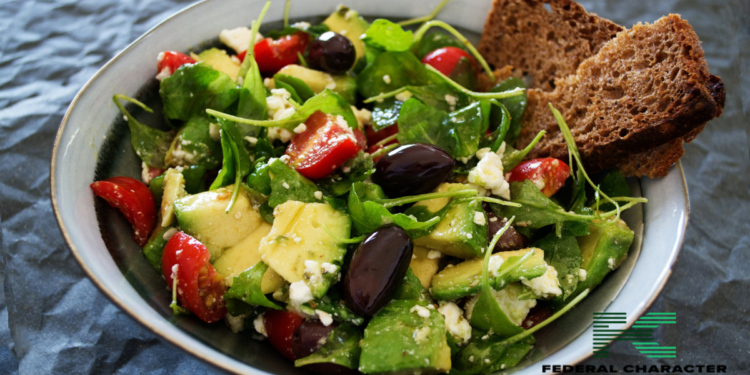Your body needs routine care much like a house does. Fasting is similar to turning off a few appliances (the digestive and metabolic processes) for a while to allow the body to rest and cleanse. When you choose to forgo food for a predetermined amount of time, you are fasting. Certain types of fasting, such as water fasting, in which you only drink water during a set period of time, and intermittent fasting, in which you have set eating and fasting periods, are not totally related to religion.
Understanding what breaks a fast is vital because it affects the goals you want to achieve. Knowing what acts as a disruptor of fasting, whether for weight reduction, greater health, or other reasons, helps you sustain its benefits and stay on track with your goals. In this article, we’ll look at foods that generally won’t disrupt your fast.

Foods That (generally) Won’t Break a Fast
Certain foods and beverages are commonly deemed appropriate while fasting since they have no substantial effect on the body’s fasting condition.
This includes:
Beverage
Plain or carbonated water: They are ideal for staying hydrated without adding calories.
Unsweetened coffee and tea: As long as you don’t add sugar, milk, or cream, these liquids are generally acceptable when fasting.
Bone broth: It has some calories, but they are low enough to not interfere with fasting for most people. However, variations that include extra ingredients may have a different effect on fasting.
Diluted apple cider vinegar: While some people benefit from diluted apple cider vinegar when fasting, it’s important to remember that it may not be good for everyone, and its effect on fasting varies.
Fats
Healthy fats: Consuming a small amount of healthy fats, such as avocado or almonds, is unlikely to break a fast.
However, it is important to keep serving sizes moderate and maintain moderation.
MCT Oil, Butter, Ghee, and Coconut Oil:
These fats can be taken when fasting, particularly in specialized fasting regimes such as ketogenic fasting, where they may promote ketosis. However, it is important to understand the potential influence on fasting goals and regulate consumption accordingly.
Factors To Consider
When deciding what foods or beverages are acceptable during fasting, several factors should be considered:
1. Fasting Goals: The fasting method you choose is important. For example, if you are fasting for religious reasons, the guidelines may differ from those for intermittent fasting for health purposes.
2. Individual Needs: Your unique sensitivities and dietary limitations are key. Certain meals or ingredients may disagree with you or be off-limits owing to medical issues or personal preferences.
3. Serving Size: Even modest amounts of calorie-containing foods or beverages can disrupt your fasting state. It is crucial to be aware of portion sizes and their potential impact on your fasting objectives.
Tips For Fasting
1. Electrolyte Supplements: These are powders or pills that include important minerals such as salt, potassium, and magnesium. They assist your body maintain electrolyte balance, which can be interrupted during fasting, especially if you don’t eat. Electrolyte supplements can help avoid fatigue, headaches, and muscular cramps, and they are typically taken with water or as tablets.
2. Breaking Your Fast Strategically: It is necessary to gradually reintroduce meals after fasting, especially if it has been a long duration. Starting with short, readily digestible meals allows your body to acclimate to eating and lowers the likelihood of gastrointestinal issues. This gradual approach also helps to avoid blood sugar spikes and retain the benefits of fasting.
3. Consulting a Healthcare Professional: Before beginning any fasting regimen, it is best to consult with a healthcare expert, such as a doctor or certified dietician. They can offer individualized advice based on your health situation, medical history, and specific requirements. This ensures that your fasting strategy is safe, effective, and personalized to your specific objectives and conditions.

















